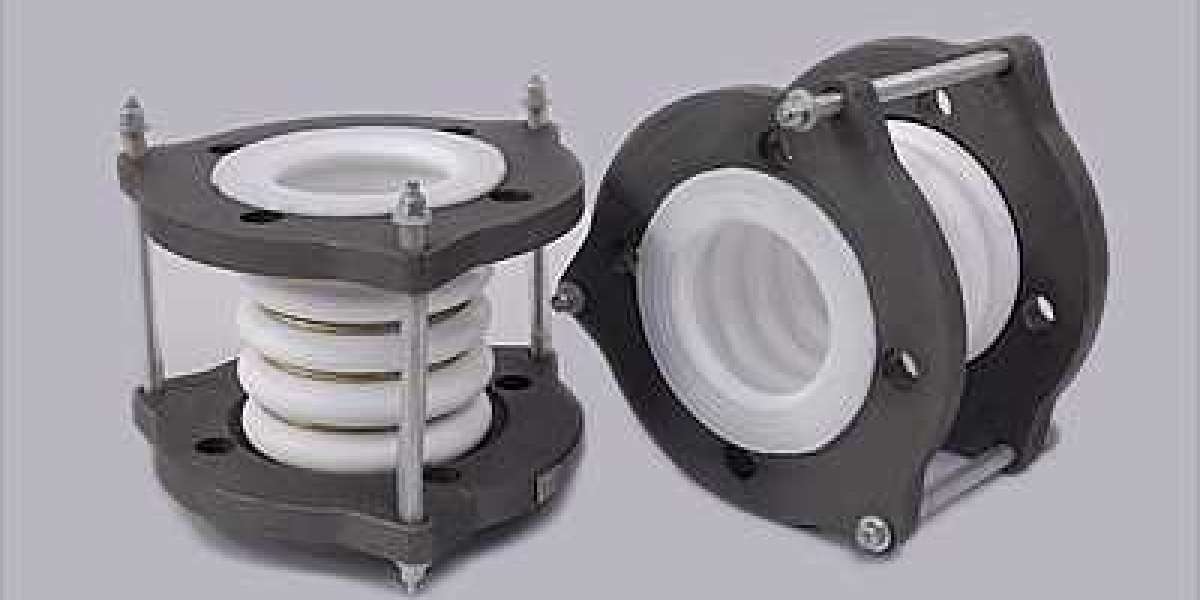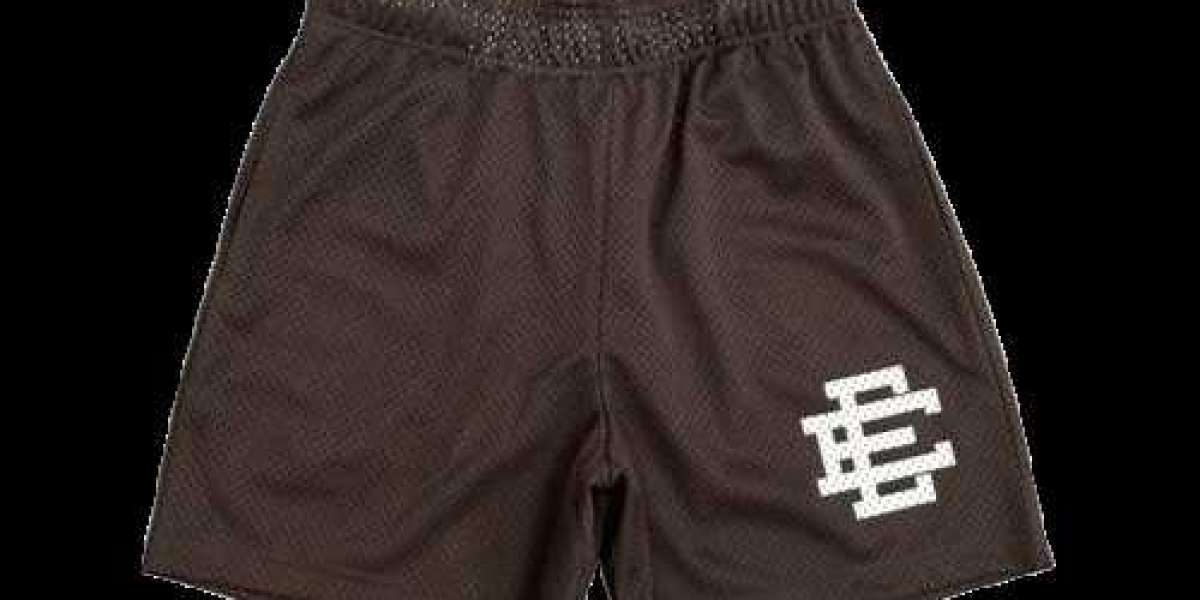In piping systems, bellows are used to handle movement, vibration, and temperature changes. They help protect the system from damage and leaks. But with many types available, how do you choose the right one? In this blog, we will compare PTFE bellows, rubber bellows, and metallic bellows to help you make a smart decision.
What Are Bellows?
Bellows are flexible connectors placed between pipes or equipment. They absorb movement caused by temperature, pressure, or vibrations. A bellow fabricator makes these parts in different materials like PTFE, rubber, or metal.
PTFE Expansion Bellow
PTFE Expansion Bellows are made from polytetrafluoroethylene (PTFE), a strong and chemical-resistant material. These bellows are perfect for use in systems with strong acids, solvents, or high-purity requirements.
Advantages:
Excellent chemical resistance
Can handle high temperatures
Non-stick and smooth inside
Long-lasting in harsh environments
Best For:
Chemical plants
Pharmaceutical use
Corrosive fluid lines
Rubber Bellows
Rubber bellows are flexible and soft. They are good for systems with low pressure and low to moderate temperatures. They are also less expensive.
Advantages:
Flexible and easy to install
Cost-effective
Absorbs vibrations well
Best For:
HVAC systems
Water lines
General plumbing
Metallic Bellows
Metal bellows are strong and can handle high pressure and very hot temperatures. They are usually made from stainless steel or other alloys.
Advantages:
Strong and durable
Handles high pressure
Suitable for extreme heat
Best For:
Steam lines
High-temperature systems
Heavy-duty industrial use
Which Bellow to Choose?
Choosing the right bellow depends on your system needs. Here’s a simple guide:
| Condition | Best Choice |
|---|---|
| Chemical Resistance | PTFE bellows |
| Low Cost | Rubber Bellows |
| High Pressure Temperature | Metallic Bellows |
| Clean Fluids / Non-Stick | PTFE EXPANSION BELLOW |
| Flexibility Vibration | Rubber Bellows |
Final Thoughts
Each type of bellow has its own benefits. PTFE EXPANSION BELLOW is great for chemicals and clean systems. Rubber bellows work well for everyday use, while metallic bellows are strong for heavy-duty needs. Always consult with a bellow fabricator to select the right type for your system.








